Introduction to What3Words
In a world where precise location is becoming increasingly vital, What3Words offers a groundbreaking approach to addressing the challenges of traditional location systems. From navigating to your friend’s new home to guiding emergency services to a remote location, What3Words simplifies communication by breaking down every spot on the planet into three simple words. But what exactly is What3Words, and why is it gaining so much attention?
The basic of What3Words
What3Words is a location-based system that assigns a unique combination of three words to every 3m x 3m square on the planet. Instead of relying on lengthy GPS coordinates or complicated addresses, What3Words transforms a location into an easy-to-remember phrase. For example, the front door of the White House is located at “sneak.zoom.silks.” This innovative system is designed to be simple, memorable, and universally accessible.
How does it Work?
The system divides the world into a grid of 57 trillion squares, each measuring 3 meters by 3 meters. Each square is then assigned a unique combination of three words from the dictionary. These word combinations are pre-determined and never change, ensuring that each specific location has a fixed and consistent address within the What3Words system.
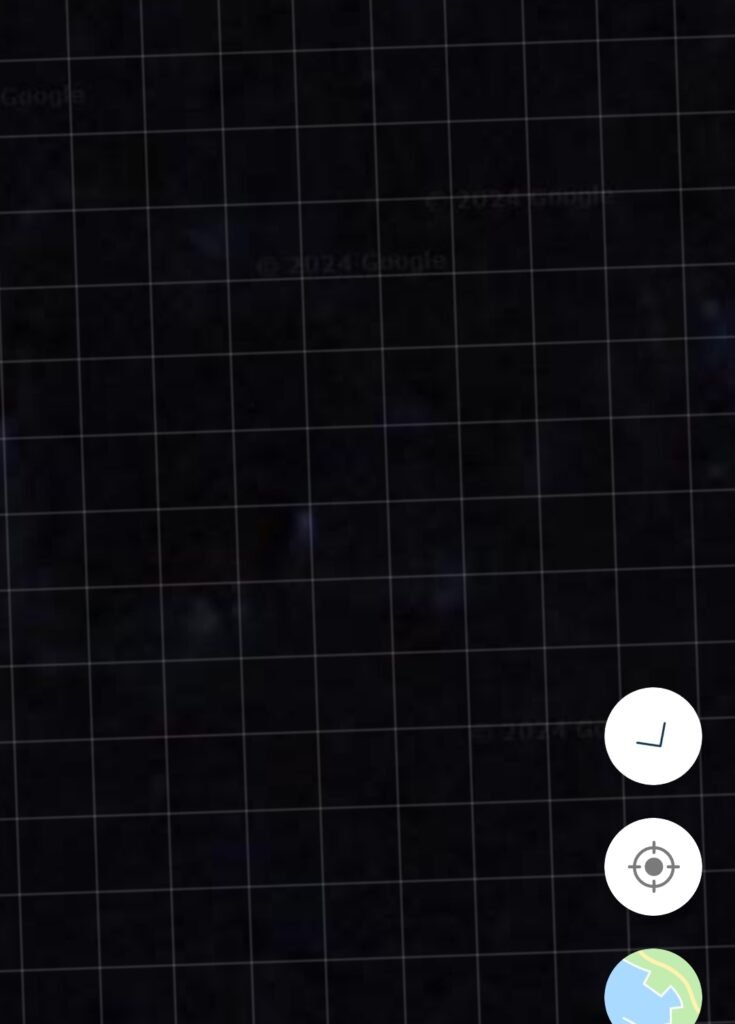
Why location Accuracy Matters?
Accurate location data is crucial for various applications, from emergency response to everyday navigation. Traditional addressing systems often fall short in remote areas, new developments, or places without defined street names. What3Words eliminates these issues by providing a clear, unambiguous way to communicate locations, ensuring that everyone can find the exact spot they’re looking for, no matter where they are in the world.
The Technology Behind It
Geocoding: Traditional vs What3Words
Geocoding is the process of converting addresses into geographic coordinates, which can be used on maps. Traditional geocoding systems rely on street names and postal codes, which can be imprecise, especially in rural areas or large buildings with multiple entrances. What3Words offers a more precise alternative by providing an exact, unique identifier for every location on Earth, making it easier to pinpoint specific spots without confusion.
How What3words Uses GPS Coordinates
Behind the scenes, What3Words still relies on GPS coordinates, but it simplifies them into three-word addresses. This process makes it easier for people to share locations without needing to understand or remember complex numerical coordinates. The three-word system is particularly useful for people who aren’t familiar with geographic or mapping technologies but still need to convey accurate location information.
The Algorithm: How it Assigns Words to Locations
The algorithm behind What3Words assigns word combinations based on the uniqueness and ease of differentiation between locations. For instance, similar word combinations are kept far apart to avoid confusion. This ensures that even if you misremember a word, you won’t end up too far from your intended destination. The algorithm’s efficiency lies in its ability to maintain accuracy while being user-friendly.
Key Features
Global Coverage and Accessibility
One of the most compelling features of What3Words is its global coverage. No matter where you are on the planet, What3Words has you covered. This universal applicability makes it invaluable for international travel, remote expeditions, and cross-border logistics.
Offline Functionality
Another advantage of What3Words is its offline functionality. Users can access and use their three-word addresses without an internet connection, making it ideal for areas with poor connectivity. This feature ensures that you can always find your way, even when your mobile data fails you.
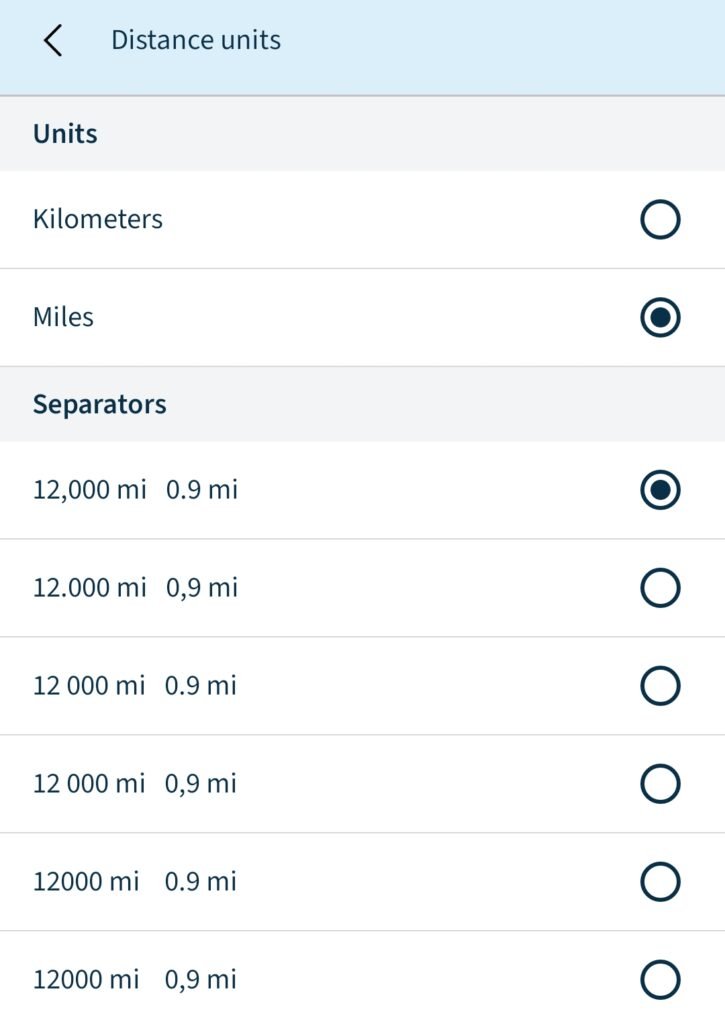
Multilingual Support
What3Words is available in over 50 languages, catering to users worldwide. Each language has its own set of three-word addresses, ensuring that everyone can use the system in their native tongue. This feature makes What3Words particularly useful in countries with diverse linguistic backgrounds or for international travelers.
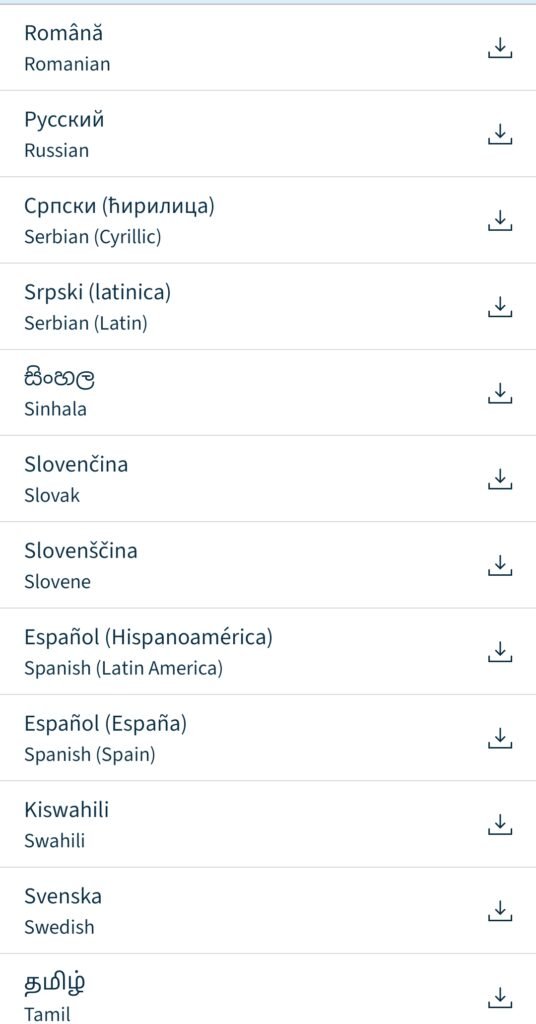
Comparing With Traditional Addressing Apps
Ease of Use
Traditional addresses can be cumbersome, especially in unfamiliar or poorly marked locations. What3Words simplifies this by reducing addresses to three easy-to-remember words, making location-sharing straightforward and error-free. Whether you’re meeting someone at a crowded event or directing a taxi in a foreign city, What3Words eliminates the confusion of traditional addressing.
Precision and Accuracy
While traditional addresses can sometimes lead to confusion—think about the frustration of arriving at the wrong entrance of a large building—What3Words offers pinpoint accuracy. Each 3m x 3m square has a unique identifier, ensuring that you arrive exactly where you need to be. This level of precision is unmatched by conventional addressing systems.
User Adoption and Global Reach
Although traditional addressing systems are deeply ingrained in most societies, What3Words is rapidly gaining traction. Its adoption is particularly evident in industries where precise location data is critical, such as logistics, emergency services, and travel. As more users and businesses recognize the advantages, its global reach continues to expand.
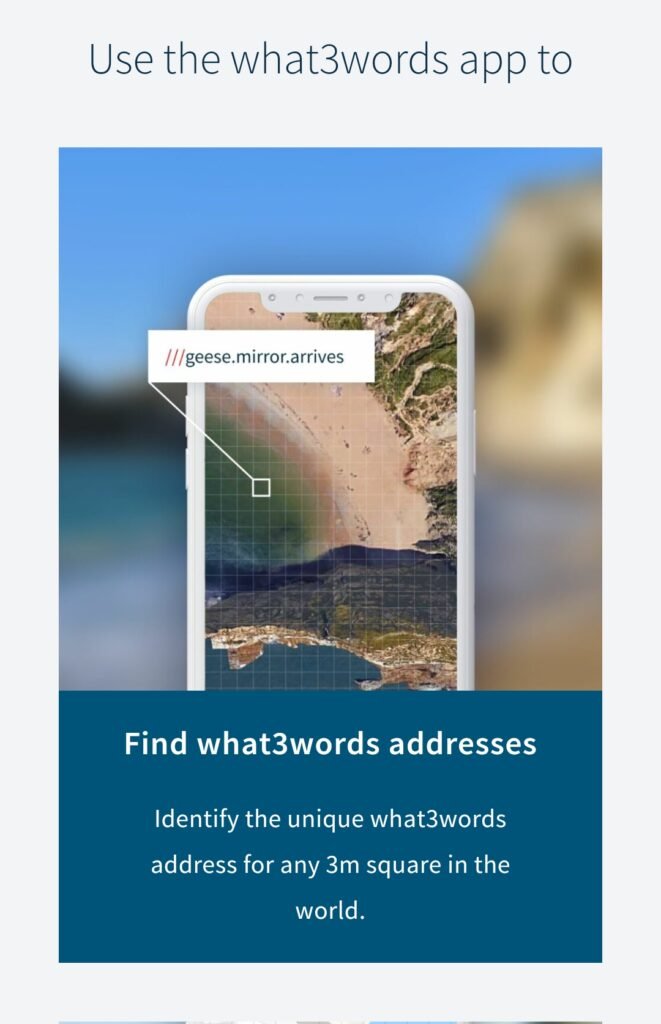
Application
Emergency Services
In emergency situations, every second counts. What3Words allows people to share their exact location quickly, enabling first responders to reach them faster. This application is particularly beneficial in remote areas or locations without a clear address, where traditional directions may be inadequate.
Delivery and Logistics
For delivery services, accurate location data is crucial. What3Words helps companies avoid delays caused by unclear or incorrect addresses. By integrating into their systems, logistics companies can improve efficiency, reduce delivery times, and enhance customer satisfaction.
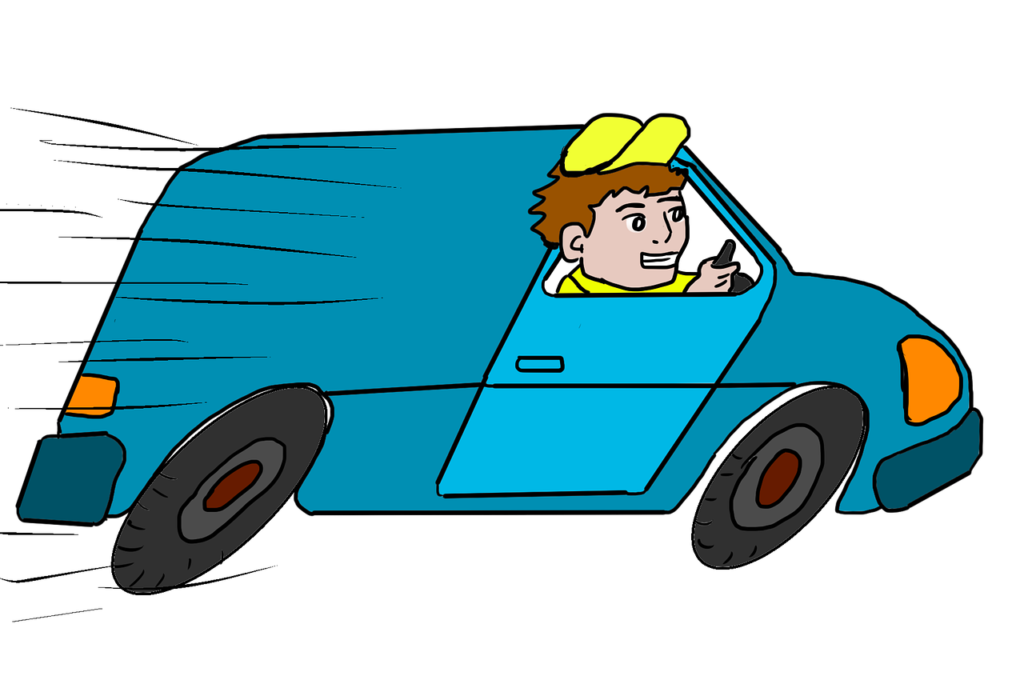
Travel and Tourism
Travelers often face challenges when navigating unfamiliar areas. What3Words makes it easier to find hidden gems, remote hotels, or off-the-beaten-path attractions. Tourists can share exact meeting points, ensuring they never get lost, even in a foreign city.
Personal and Everyday Use
From meeting friends at a new restaurant to marking the exact location of your car in a large parking lot, this navigator is a practical tool for everyday life. Its ease of use and precision make it a go-to app for anyone who needs to share or find an exact location.
Benefits
Enhanced Safety and Emergency Response
The precision of What3Words enhances safety in critical situations. Whether you’re lost in the wilderness or need to report an accident in an unfamiliar area, What3Words ensures that help can find you quickly and accurately.
Simplified Communication of Locations
Clear communication is vital when sharing locations. This navigator eliminates the possibility of errors, making it easier to convey exactly where you are or where you need to go. This is particularly useful in noisy environments or when communicating with people who speak different languages.
Increased Efficiency in Logistics
For businesses, efficiency translates to savings. What3Words helps companies streamline operations by reducing delivery errors, optimizing routes, and improving overall logistics management. The result is a more efficient and cost-effective operation.
Challenges and Limitations
Reliance on Technology
While What3Words offers many advantages, it does rely on technology. Users need a smartphone or device to access the app, which may be a limitation in areas with poor mobile penetration or among populations less familiar with technology.
Potential Language Barriers
Although it supports multiple languages, there can still be challenges in areas with low literacy rates or among people who are not comfortable with technology. In such cases, traditional addressing or landmarks might still be necessary.
Privacy and Security Concerns
As with any technology that involves location data, there are potential privacy concerns. Users need to trust that What3Words will handle their location information securely. While it has measures in place to protect user data, it’s essential to remain aware of privacy risks.
What3words in Different Industries
Real Estate
In real estate, precise location is critical for property listings and site visits. This navigator allows agents and potential buyers to find exact locations easily, even in large developments or rural areas where traditional addresses may be unclear.
Event Planning
For event planners, ensuring that guests arrive at the correct location is crucial. The navigator provides an exact point of reference for entrances, parking areas, and other key spots, reducing confusion and improving the overall guest experience.
Outdoor Adventures and Sports
Outdoor enthusiasts can benefit from it by marking trails, campsites, or meeting points with precision. This is especially useful in vast, unmarked areas where traditional maps or GPS coordinates might be hard to interpret.

Success Stories
Real-World Examples
What3Words has already been implemented successfully in various scenarios worldwide. For instance, emergency services in the UK have credited the system with saving lives by allowing responders to reach people in distress quickly. Similarly, logistics companies have reported significant improvements in delivery accuracy and efficiency.
Case Studies from Different Countries
From Mongolia, where traditional addressing is scarce, to the densely populated streets of Tokyo, What3Words has proven its value. In each case, the system has enhanced location accuracy and made it easier
Conclusion
It’s is more than just an innovative technology; it’s a game-changer in how we communicate and share locations. By transforming complex GPS coordinates into simple, memorable three-word addresses, What3Words offers a level of precision and ease of use that traditional addressing systems simply can’t match.
Its applications span from improving emergency response times to enhancing logistics, making it a vital tool in our increasingly connected world.While there are challenges, such as reliance on technology and privacy concerns, the benefits of this navigator far outweigh these drawbacks. As it continues to gain traction globally, we can expect What3Words to become an integral part of everyday life, revolutionizing how we think about location accuracy and making the world a smaller, more navigable place.Whether you’re navigating a new city, coordinating a complex delivery, or exploring the great outdoors, What3Words ensures you’ll never be lost for directions again.
As we look to the future, this simple yet powerful tool is set to play a crucial role in the way we communicate locations, making the world more accessible one three-word address at a time.
FAQs
What Makes What3Words Different from Google Maps?
While Google Maps uses traditional addresses and GPS coordinates, What3Words simplifies location sharing by breaking down the entire world into 3m x 3m squares, each with a unique three-word address. This provides greater precision, especially in areas where traditional addresses are ambiguous or non-existent.
Can I Use What3Words Without Internet?
Yes, it offers offline functionality, allowing you to access and share three-word addresses even when you’re offline. This makes it an excellent tool for use in remote areas where internet access is limited.
How Secure is My Location Information with What3Words?
What3Words is designed with user privacy in mind. The app does not track your location or store your personal data. However, as with any location-sharing tool, it’s essential to be mindful of who you share your three-word addresses with.
What Are Some Unique Uses of What3Words?
It is used in a variety of unique ways, from organizing large-scale events to aiding in disaster relief efforts. Its precision makes it invaluable for activities like hiking, where traditional maps may not be sufficient, or for coordinating logistics in areas without formal addresses.
Is What3Words Free to Use?
Yes, the basic version is free to use for personal purposes. There are also paid services available for businesses that want to integrate What3Words into their operations or applications.